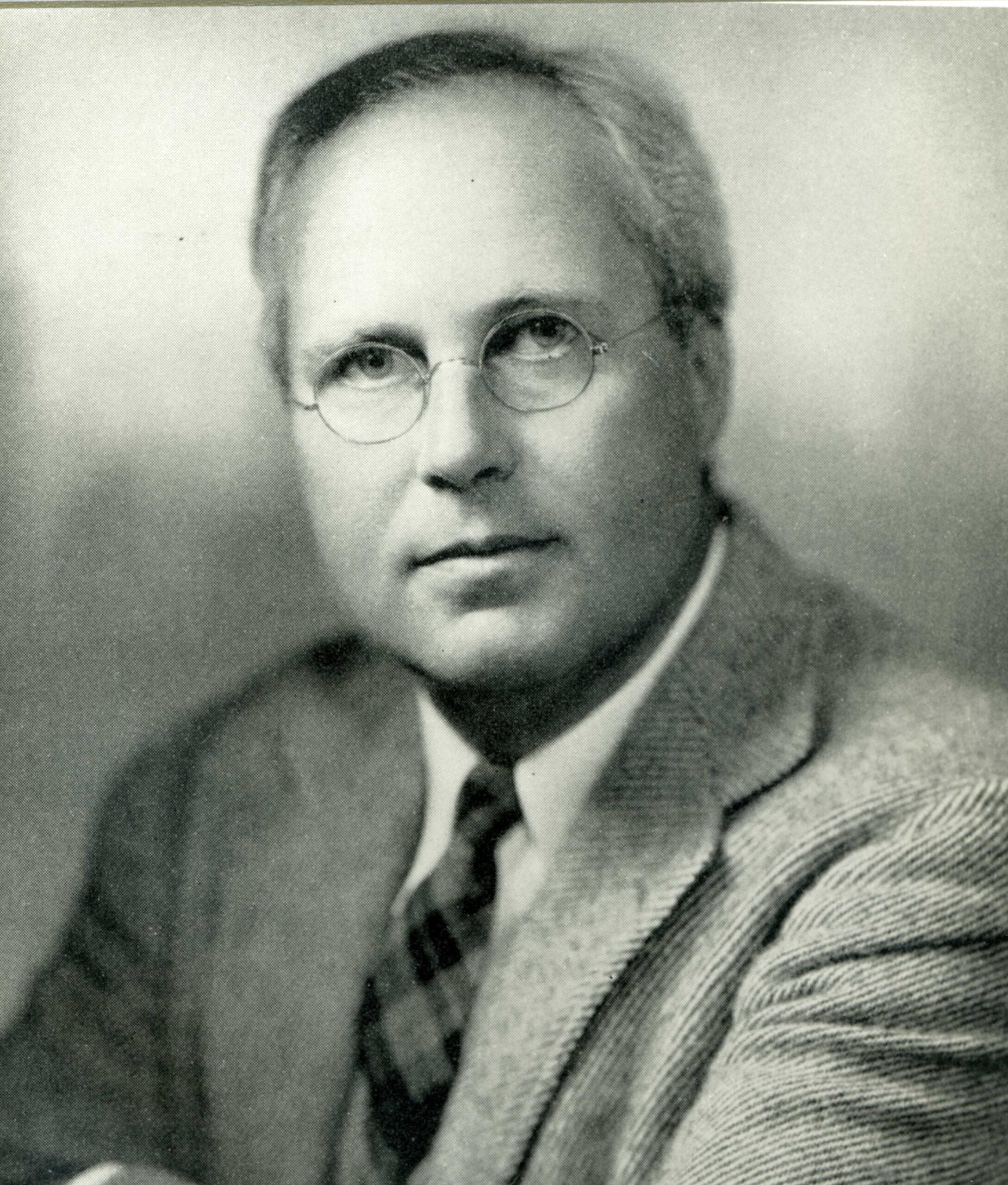Quincy Porter

Born in New Haven, Conn in 1897, Quincy Porter’s interest in music as a child was stimulated by Horatio Parker’s encouragement. Porter was later Parker’s pupil at the Yale School of Music, where he won the Osborne prize for fugue, and also the Steinert prize for the best orchestral composition written for graduation (a concerto for violin which he himself performed). He earned his A.B. from Yale College and Mus. B from the Music School the same year.
Porter spent the following year in Paris following the courses of d’Indy at the Schola Cantorum and studying violin with Capet. Returning to New York, Porter studied composition with Ernest Bloch, violin with Herbert Dittler, and played in the Capitol Theater Orchestra.

Quincy Porter History
Porter followed Bloch to Cleveland the following year and was soon made a member of the faculty of the Cleveland Institute of Music, where he taught theory, history, and solfege, heading the theory and composition department for three years after Bloch’s departure. During this period he played viola for six years in the de Ribaupierre Quartet. Also while at Cleveland, Porter composed two string quartets, a piano quartet, and his Ukrainian Suite for stringed orchestra which was performed at the first Festival of American Music at the Eastman School.
Porter spent three years in Paris, two of which were on a Guggenheim Fellowship, writing a number of chamber works, including two more quartets, his Second Sonata for Violin and Piano, a piano sonata, and his Suite for Viola Alone which he later recorded for New Music Recordings. After returning to Cleveland for a year, playing with the Maurice Hewitt quartet (along with his wife, Lois), Porter joined the faculty of Vassar College, where he taught for six years. While at Vassar, he wrote incidental music for the performances of Antony and Cleopatra and Sweeney Agonistes for the college’s experimental theater, his First Symphony, and two more string quartets (one of them commissioned by the League of Composers). Among the quartets that played his music are: Roth, Coolidge, Musical Art, Stradivarius, Pro Arte, Cleveland, and the Gordon, which recorded his third quartet for Columbia.
In addition to his symphony, Porter composed several orchestral works including: Poem and Dance, written for the summer concerts by the Cleveland Orchestra; Dance in Three Time, commissioned by the St. Louis Little Symphony; Two Dances for Radio, commissioned by Columbian Broadcasting Company; and Music for Strings, written for Music Press. Porter was awarded the Pulitzer Prize in 1954 for his Concerto for Two Pianos.
In addition, Porter held positions of leadership in many musical organizations including the International Society for Contemporary Music, the League of Composers, the American Music Center, Yaddo, NASM, and MTNA. Porter came to New England Conservatory in 1938 to succeed Frederick S. Converse as Dean of the Faculty. In 1942, he was appointed Director of the New England Conservatory, a position which he held until 1946. In 1946, Porter was named to the faculty of Yale University, where he would remain until his retirement in 1965. Porter died on November 12, 1966 in Bethany, Connecticut.
Excerpted from the New England Conservatory Bulletin, Volume XX Number 1 (December 1942), pp. 5-6.
Quincy Porter Archives
The Porter collection contains four volumes (photocopied scrapbooks) stored in two drop front boxes
The original scrapbooks, from which these scrapbooks are reproduced, belong to the collection MSS 15, The Quincy Porter Papers, held in the Irving S. Gilmore Music Library at Yale University. The photocopies were donated to the NEC Archives by Ken Crilly from the Gilmore Music Library in June 2006.
Access to the Quincy Porter Papers is granted by the Archivist. Appointments must be scheduled in advance. There are no restrictions pertaining to this collection.
All copyrights to materials in these scrapbooks belong to Yale University. Permission to publish must be requested through the Irving S. Gilmore Music Library at Yale.
The Quincy Porter Papers consist of photo-reproductions of four scrapbooks dating from Quincy Porter’s time at NEC, first as a faculty member, then as Director. Most of the materials contained in the scrapbooks date from the years 1937-1946.
The scrapbooks are numbered according to their numbering in the original
collection at Yale:
Scrapbook 7
Scrapbook 8
Scrapbook 9
Scrapbook 10
The indexes of these scrapbooks are organized into these categories:
- Concert programs: Quincy Porter compositions; Quincy Porter conducting; Quincy Porter performing; Lois Porter performing; Porter/Porter performances
- Reviews/citations in an article: Porter compositions; Porter conducting; Porter performing; Lois Porter performing; Porter/Porter performing.
- Correspondence
- Newspaper articles about/mentioning Porter; Lois Porter
- Miscellaneous materials relating to Porter
- Other
For further information pertaining to this collection, see this link to the collection at Yale University.

